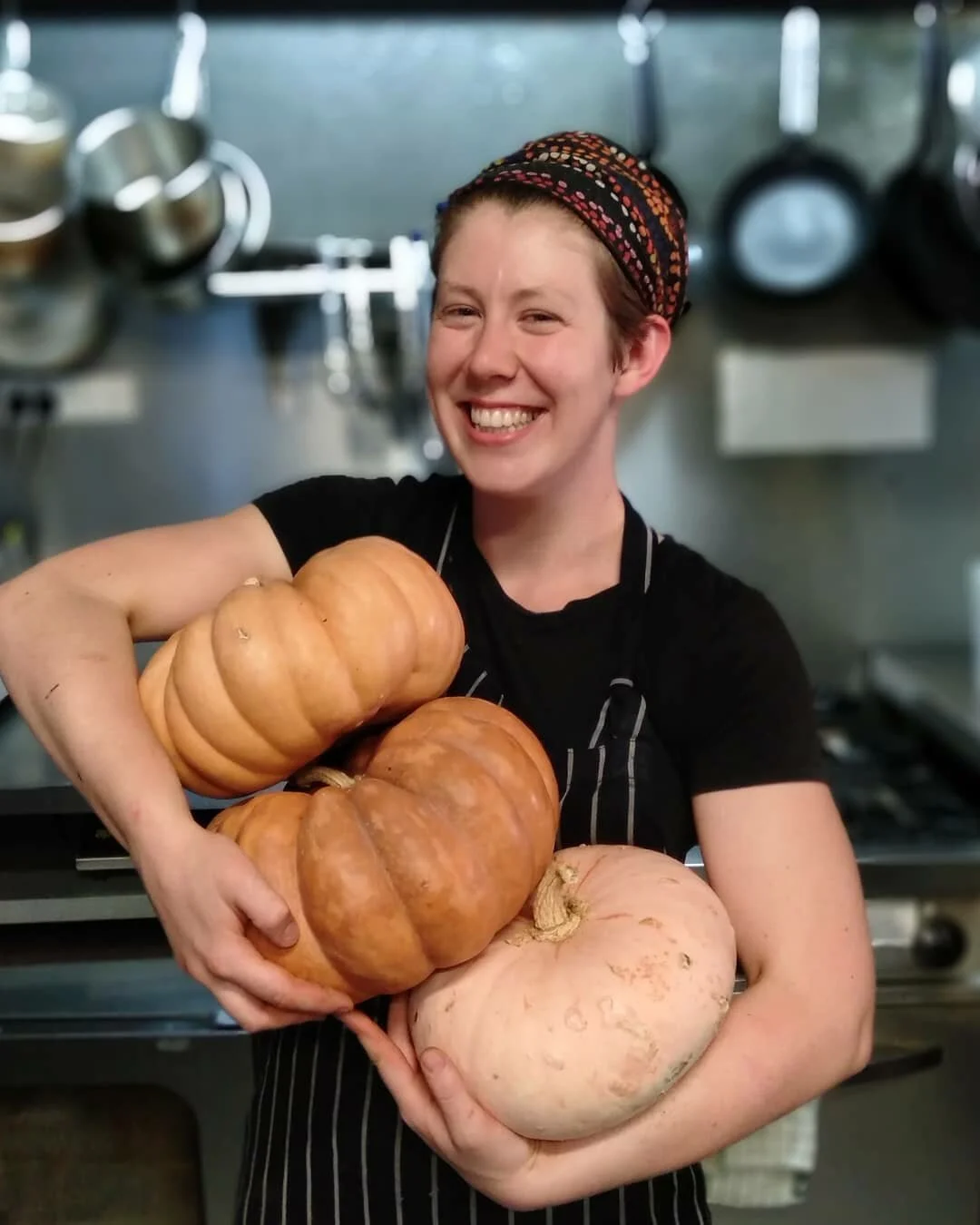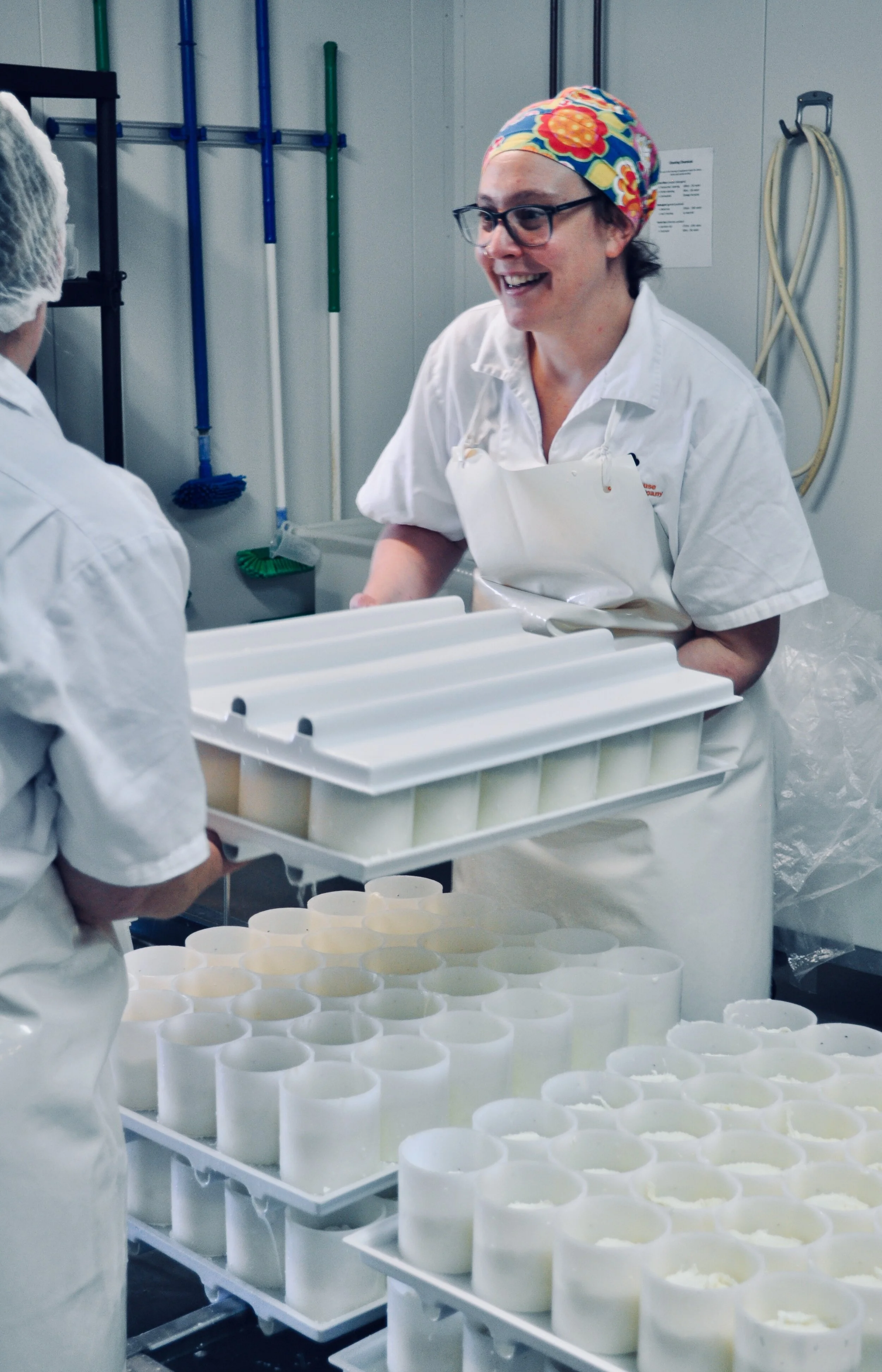Poetry & Walnuts
This piece was originally submitted into the World Nomads Travel Writing Scholarship competition. I didn’t win, but I was really proud of my entry so I thought I’d post it again here.
‘Why don’t I teach you a poem?’ Hamed suggests, as we make our way along the muddy track. We’re walking to visit a remote teahouse: the last stop for semi-nomadic goatherds as they make their way to the mountains of Northern Iran’s most verdant province, Gilan. A waiter in Tehran convinced me to visit Gilan after learning I was a chef. ‘You’ll love it,’ he said. ‘They make the best Persian food.’
On the way to the teahouse
‘Repeat after me: az seday sokhan eshgh nadidam khoshtar.’ Hamed makes it sound easy. I try to copy him but stumble after the first few words. The textural, guttural sounds of Farsi feel so awkward in my throat that I immediately forget the rest of the line. Hamed spends the rest of the hike coaching me word by word, slowly making our way through the poem as we wind our way up into the foothills.
I’ve already learned a lot about poetry during my holiday. Every souvenir shop sells divans or anthologies of works by the poets Hafez and Sa'adi, translated into English. A bookseller in Yazd explains that if you open the divan to any page, the poem you find there will resonate with your life. He hands me a book and tells me to try. It opens onto a poem about music, grief and wine. The music seemed self-explanatory—I’m a singer—and after weeks without a drink I was definitely grieving the lack of wine. He laughs at my interpretation. Apparently the translation of wine symbolises knowledge or wisdom.
When we reach the teahouse, a steady drizzle has started, so we sit on wooden benches under the overhanging verandah of the two-storey building. A flock of inquisitive ducks approach us as we sit down and each one checks if anything on my shoes is edible, tugging my laces undone in the process. We sit and watch the ducks and drink very small, very sweet, very hot cups of tea. When I first arrived in Iran the sweetness of the tea made my jaw ache, but three weeks in I’m sucking on sugar cubes like a local.
Walking back from the teahouse, Hamed finds fresh walnuts fallen on the path. Crushing the green outer layer, he cracks open the hard case with a rock and shakes out the broken insides. I’ve never eaten a nut fresh from the tree like that before. It’s waxy and a little soft, and tastes bitter; it’s a shock to my tongue, still sticky from the tea. A piece of walnut catches in my throat as I attempt the poem again and I find myself coughing mid-sentence.
The next day we’re walking again, this time up a thousand steps to reach the ruins of a mountaintop fortress. I’m struggling with the ascent, but long-legged Hamed is having no trouble as he cheerfully coaches me on my pronunciation of the poem. ‘Don’t think about the words; listen to the rhythm of it. It should sound like music.’ I stumble and lose the beat. Somehow, I seem to be getting worse.
In the afternoon Hamed goes to the nearest town for language classes; having mastered English he’s now learning German. He leaves me on the verandah with his mother, Shahkhanom, as she grinds walnuts to a paste. With only a stone and a circular wooden board it’s a slow process. I offer to help using our only shared language: mime. She hands over the stone and I fall into the rhythm of the action. As I rub circles into the board I whisper to myself ‘az seday sokhan eshgh nadidam khoshtar’. I’m beginning to hear the music, underscored by stone and wood percussion. The walnut paste goes into a dish of fesenjun, black chicken stew, which Shahkanom shares with neighbours for ashura: a religious time of mourning.
When it’s time for me to return to Tehran, Shahkhanom mimes strong arms to remind me of our afternoon’s work. I wind down the window of the car to farewell Hamed and I recite the poem.
‘Perfect,’ he smiles, ‘That’s just the first line. You’ll have to come back so I can teach you the rest.’





